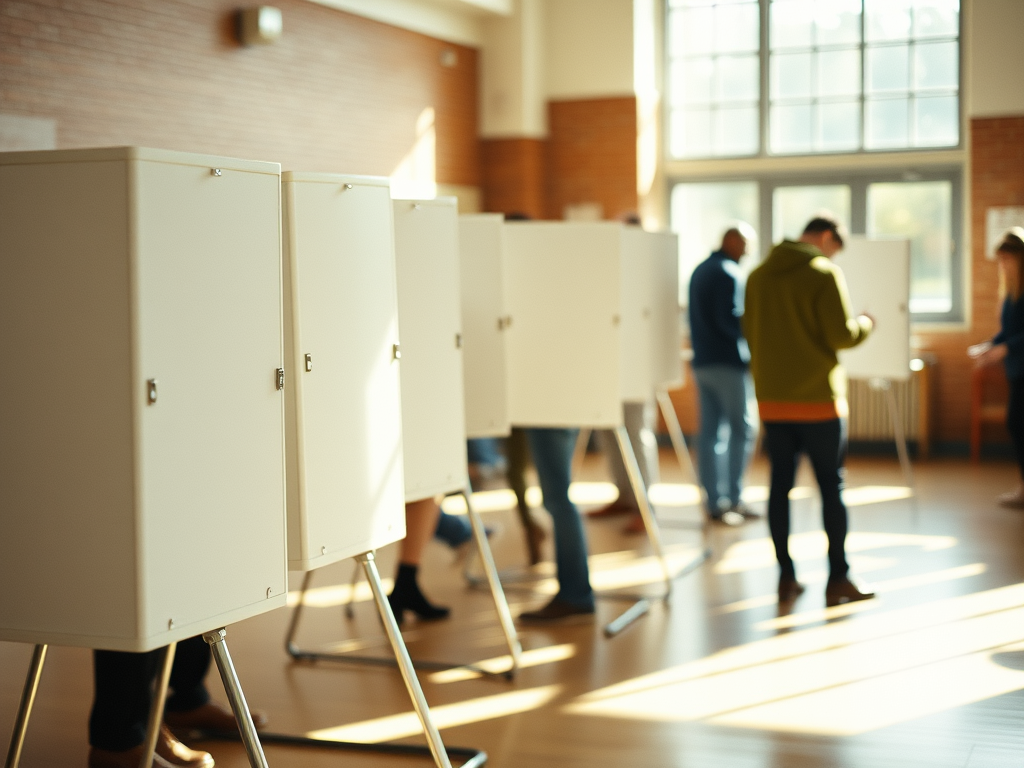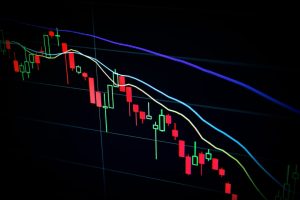Political elections can significantly influence financial markets, presenting both challenges and opportunities for traders. Understanding these impacts is crucial for making informed trading decisions. Here are the top five ways in which political elections affect traders:
1. Increased Market Volatility
Elections often bring uncertainty, leading to heightened market volatility. As traders react to poll results, debates, and campaign developments, stock prices can swing dramatically. This volatility can create opportunities for day traders looking to capitalize on short-term price movements, but it can also pose risks for long-term investors. Traders need to be particularly vigilant around election dates, as markets may react unpredictably to any new information.
2. Shifts in Economic Policy
The outcome of an election can lead to significant changes in economic policy, impacting various sectors. For example, a government prioritizing renewable energy may drive up stock prices in that sector, while one focused on traditional energy sources could favor fossil fuel companies. Traders often analyze candidate platforms to anticipate how potential policy changes might affect specific industries, allowing them to adjust their portfolios accordingly.
3. Sector Performance Variability
Different political parties often have distinct agendas that can directly influence sector performance. For instance, a party advocating for healthcare reform might boost stocks in the healthcare sector, while one focused on deregulation could benefit financial and industrial sectors. Traders should keep a close eye on sector rotations and adjust their investments based on the anticipated priorities of the incoming administration.
4. Investor Sentiment and Confidence
Political elections can significantly influence investor sentiment. A decisive and peaceful election outcome may enhance market confidence, encouraging buying activity. Conversely, a contentious or uncertain election can lead to cautious behavior among investors, resulting in reduced trading volumes and a more risk-averse market atmosphere. Understanding the prevailing sentiment can help traders position themselves effectively in the lead-up to and following the election.
5. Global Market Repercussions
U.S. elections, in particular, can have far-reaching implications beyond domestic borders. Changes in U.S. policy can affect global trade relationships, currency values, and international markets. Traders must consider how the election outcomes may influence foreign markets and currencies, particularly if they engage in international trading or invest in foreign stocks. This interconnectedness can create both risks and opportunities, depending on the geopolitical landscape.
Political elections are pivotal events that can reshape market dynamics and trading strategies. By understanding the potential impacts of elections—ranging from increased volatility to shifts in economic policy—traders can better navigate the complexities of the market landscape. Staying informed and adapting to the evolving political climate will be essential for traders looking to thrive in this unpredictable environment.




